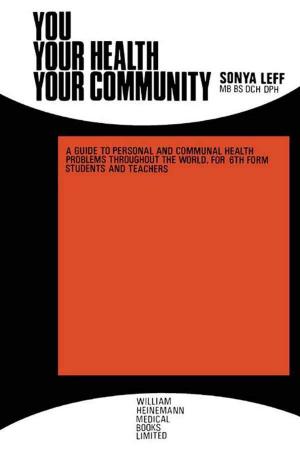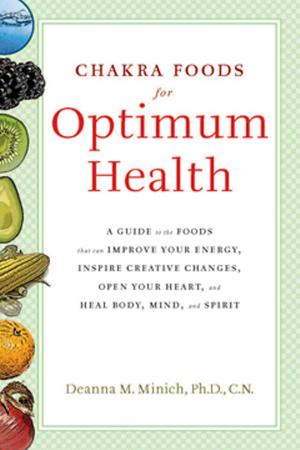Bye Bye Meat Industry
Nonfiction, Health & Well Being, Medical, Ailments & Diseases, Infectious Diseases, Epidemiology, Health, Healthy Living| Author: | Peter A.J. Holst | ISBN: | 1230002301457 |
| Publisher: | Peter Holst MD PhD | Publication: | April 6, 2018 |
| Imprint: | Language: | English |
| Author: | Peter A.J. Holst |
| ISBN: | 1230002301457 |
| Publisher: | Peter Holst MD PhD |
| Publication: | April 6, 2018 |
| Imprint: | |
| Language: | English |
Harmful viruses such as Avian (poultry) Leukemia Virus (ALV) and Bovine Leukemia Virus (BLV) are detected in raw egg proteins and meat products. Once nested in the stem cells of intestinal tract or mammary gland tissue, they cause unbridled growth. By intensively breeding of animals the territory of the chicken, the rabbit, the parakeet, the cow and the goat is exceeded. Bird flu, swine flu, Q fever and gastroenteritis are the result. Smallest bacteria such as chlamydia pneumoniae from tropical birds and harmful leukemia viruses from cattle and poultry spread over animal caretakers and consumers.
The Netherlands, Belgium and England have the highest lung cancer deaths in the world for years, and mortality from breast and prostate cancer is also very high worldwide compared to other countries.
Our Western health care and hygienic insights have greatly reduced child mortality since the 19th century. Large differences, on the other hand, are found worldwide in cancer deaths, which are spectacularly lower in India, China and Japan. An increasing and larger share of animal proteins and fats in the daily Western diet is the cause of this.
The exchange of major epidemic infectious diseases was one-sided, because most of diseases in the temperate zones came to us humans from diseases of the livestock (such as cattle, pigs, and chickens) with which our ancestors lived in close contact after those animal species had been domesticated. Diseases as plague and cholera can be controlled with antibiotics, smallest bacteria such as Chlamydiae and leukemia viruses are much more difficult or even inadequate to treat.
Harmful viruses such as Avian (poultry) Leukemia Virus (ALV) and Bovine Leukemia Virus (BLV) are detected in raw egg proteins and meat products. Once nested in the stem cells of intestinal tract or mammary gland tissue, they cause unbridled growth. By intensively breeding of animals the territory of the chicken, the rabbit, the parakeet, the cow and the goat is exceeded. Bird flu, swine flu, Q fever and gastroenteritis are the result. Smallest bacteria such as chlamydia pneumoniae from tropical birds and harmful leukemia viruses from cattle and poultry spread over animal caretakers and consumers.
The Netherlands, Belgium and England have the highest lung cancer deaths in the world for years, and mortality from breast and prostate cancer is also very high worldwide compared to other countries.
Our Western health care and hygienic insights have greatly reduced child mortality since the 19th century. Large differences, on the other hand, are found worldwide in cancer deaths, which are spectacularly lower in India, China and Japan. An increasing and larger share of animal proteins and fats in the daily Western diet is the cause of this.
The exchange of major epidemic infectious diseases was one-sided, because most of diseases in the temperate zones came to us humans from diseases of the livestock (such as cattle, pigs, and chickens) with which our ancestors lived in close contact after those animal species had been domesticated. Diseases as plague and cholera can be controlled with antibiotics, smallest bacteria such as Chlamydiae and leukemia viruses are much more difficult or even inadequate to treat.















